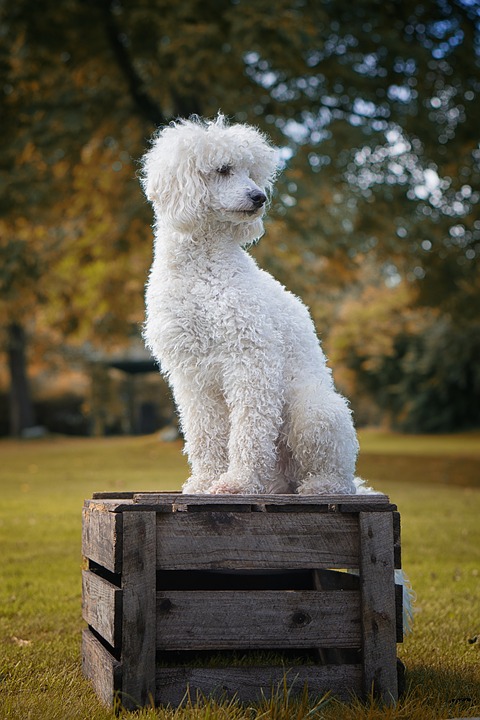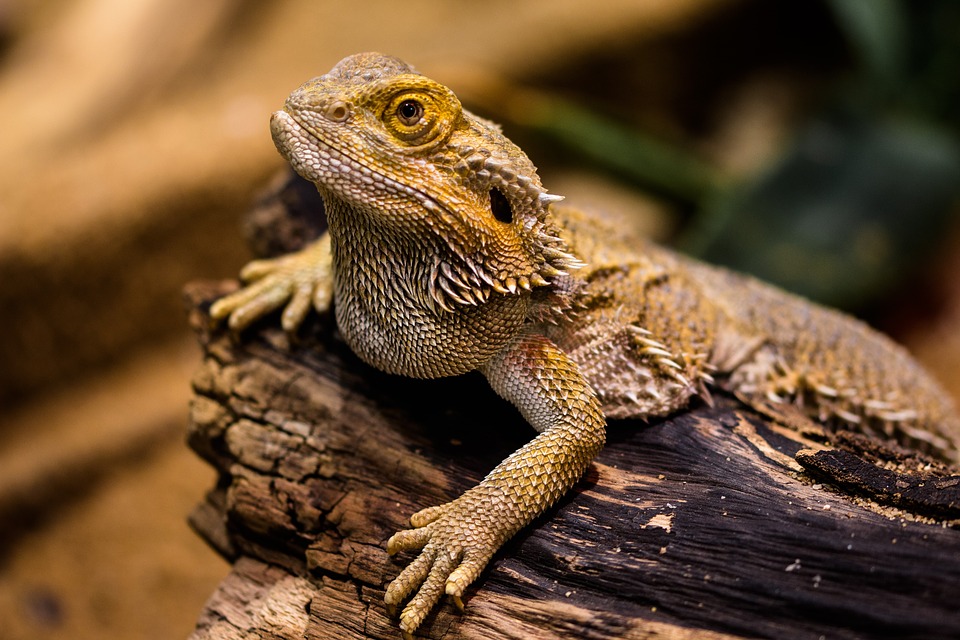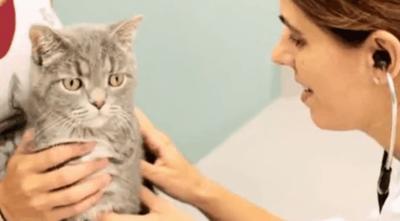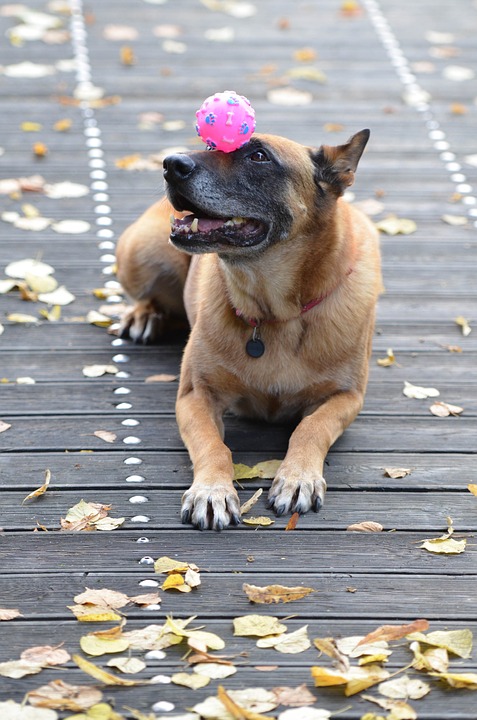Originally written for ENKY...
Ten Tips to Better Take Care of Your Companion Animals
These pet care tips are meant to help new and experienced pet lovers alike!
1 – Know your pet, even before you adopt.
Learn as much as possible about the species and breed you are adopting.
How much attention do they require? How large of a habitat or how much room in the home will they need? What is their expected lifespan? Is there anything else you need to know to make their life and yours as great as possible?
The more you know from the start, the more your pet will thrive.
2 – Commit to the long run.
Will you be able to keep your pet for his or her entire lifetime? If you move, will you be able to move together? If they need more care than expected, can life be rearranged to provide that? Is the entire family on board?
Adopting a pet is a lifelong commitment. Go into the relationship ready to see it through to the last day.
3 – Prepare well.
This is a fun one! Visit a pet boutique or super store – or both! Pick up toys, bedding, dishes and treats. For a dog, pick out a collar and leash.
For a cat, pick out a litter box and litter and maybe some catnip.
4 – Feed them right.
Will you feed canned food or dry food? Homemade or commercial?
This is a step in which your veterinary team can be very helpful. Ask what foods they recommend and why. Ask what resources they recommend to learn more about different diet options.
The focuses of veterinary teams when choosing which diets to recommend are health, longevity and scientific support of a food’s nutritional value. Use their knowledge and expertise to find the food that will benefit your pet the most!
5 - Know your pet’s grooming needs.
Almost all dogs and cats need to be brushed and to have their nails trimmed.
Non-shedding dogs also need regular professional grooming.
Ask your veterinary team and friends and family which groomers they recommend.
6 – Socialize your pets well.
Dogs are most impressionable roughly between the ages of six and sixteen weeks. Even older dogs can successfully be socialized.
Do all you can to teach your new dog that people are kind – mail carriers, groomers, veterinary team members, tall people, short people, people in wheelchairs, loud people, quiet people, people of different races and ethnicities.
Introduce them to cats and other dogs.
Be safe, and let them learn new things and meet others at their own pace.
The more they experience, the more they will be prepared to handle new situations throughout their lives.
Kittens and cats can be trickier, but should still be socialized. Their most impressionable time is a little younger – roughly between the ages of three and five weeks. So by the time you adopt a kitten at eight weeks or older, their most impressionable time has passed.
However, if they have been raised by their mama or in foster care, much of that socialization has been done for you.
From here, make sure they know family members are always gentle and kind. Give the new cat several days before they meet resident pets, then slowly introduce everyone.
Get to know your individual cat. There are such a large variety of cat personalities! They all need different levels of interaction. Usually within a few weeks, you will know how social they would like to be.
Most rabbits, rodents and birds should be gently handled often. Some reptiles and amphibians do not enjoy handling at all while others can be quite social. Again, know your species and breed, and get to know your pet as an individual too.
7 – Train them well.
Training is different than socializing, though they are related.
Make sure your dogs know commands such as “sit” and “stay” and “come” and that they learn good leash manners. Most importantly, this will keep them safe. This will also enhance your relationship, as a well-behaved pet is more enjoyable to be around!
Make sure you and your family and any trainers who help train your pet use only positive reinforcement techniques – only kind, reward-based training – no yelling, no physical punishment (even water sprayers) and no shock, pinch or choke collars.
Frank and Dr. Belfiore
8 – Provide your pet with excellent preventative veterinary care.
If you have pets already or have had pets in the past, you probably already have an excellent veterinary team. If you need to find a vet, ask friends and family whom they trust with their pets.
At your first visit, your veterinarian can tell you what your pet will need in the way of examinations, vaccinations, testing and treatment.
Travis, Tidus and me
9 – Be ready for non-routine veterinary care.
No matter how protective and proactive you are, accidents and sicknesses will occur. Have your veterinarian’s phone number available. Know whom to call after hours. Have a plan, including an emergency fund if possible, ready in case of an emergency.
10 – Enjoy their company.
Whether you have painstakingly researched and chosen the best pet for your family, or rescued a pet with a cute face on a whim, you have learned all you possibly can about their species, their breed, and their individual self.
You have them on a diet that will enhance their life for years to come.
You are actively socializing and training them.
You have found a dream veterinary team and excellent groomer.
Now…enjoy your pet!
Take pictures.
Give lots of treats.
Teach fun tricks like “shake” and “high-five.”
Sit and read together.
Explore your city together on a path you would not have taken alone.
Learn to relax as well as your cat.
Learn to play with abandon like your puppy.
Commit yourself to an exercise program as vigorous as that of your hamster on his wheel.
Above all, enjoy your pet and the unique relationship you share.

























